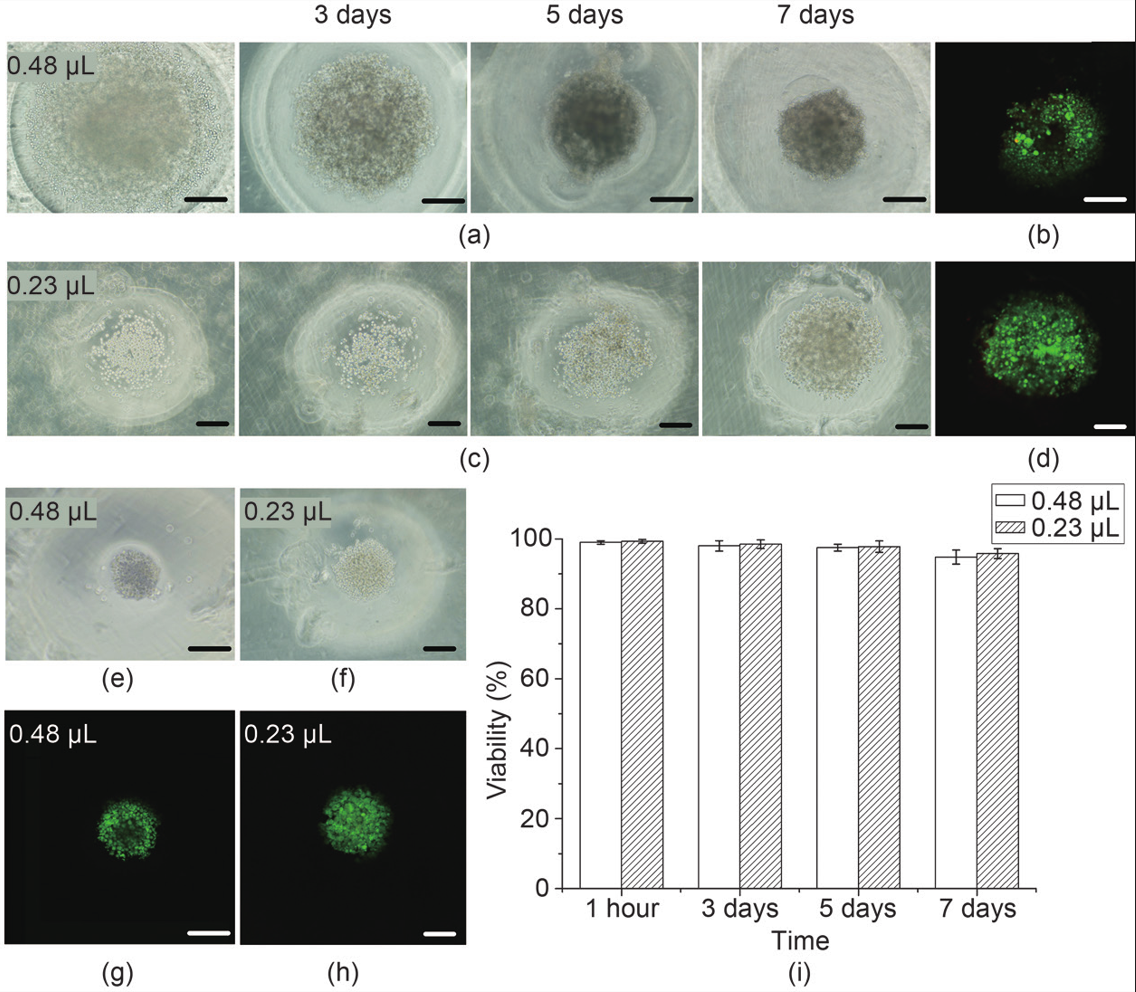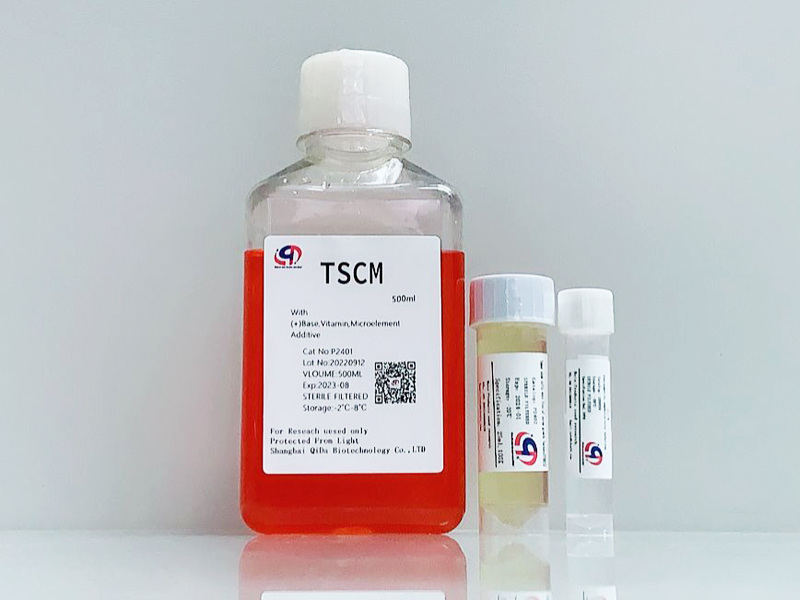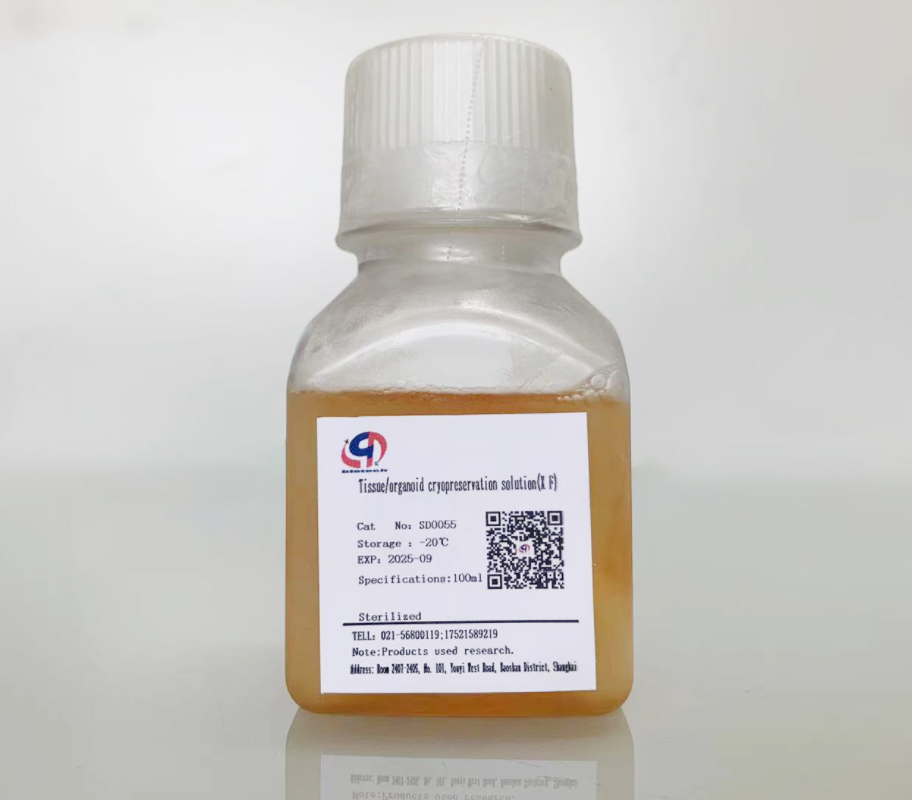Technical Support技术支持
CONTACT US
 400 179 0116
400 179 0116
24-hour service hotline marketing@ldraft.comE-mail
marketing@ldraft.comE-mail
Tumor Cell Globulogenesis Experiment
source:QiDa technoligy views:12767 time:2023-03-17
Research Routines for Tumor Stem Cells - Procedure for Stem Cell Spheroidization Experiment
Tumor stem cells are a group of cells with both self-renewal ability and strong invasion and migration, which play an important role in the survival, proliferation, metastasis, and recurrence of tumors. The spheroidization experiment of tumor cells (size and number of spheroidization) is the gold standard for measuring the dryness of tumor cells.
In tumor stem cell spheroidization experiments, selected stem cells are generally cultured in serum free medium and ultra low adhesion dishes, but cell lines can also be used. Cell lines with a high degree of malignancy are easily spheroidized, but some cell lines are very difficult. Therefore, it is generally recommended to use tumor stem cells for culture, as cells are easily spheroidized.

(1) What size Petri dishes and 6-well plates are commonly used?
Culture dishes can be selected from 6, 12, 24 hole plates, or 100 mm culture dishes;
(2) Inoculation density? 10000~100000 pieces/ml or do you have to explore this by yourself? Is there a reference density?
Density needs to be explored by oneself. Low density is commonly used in the extraction of primary tumor stem cells to screen cells that can grow non adherently. High density is used for the expansion of cell spheres. Generally speaking, it is better to form spheres with a cell mass of more than 5000 cells/ml.
(3) How do I change the fluid?
Add complete medium twice a week. Taking a 6-well plate as an example, add 500 ul each time, and gently shake up after adding. Cell balls grow slowly, and the growth factors in the culture medium can support at least 2 weeks. Directly adding tumor stem cells to a serum free complete culture medium is not recommended, and direct addition of cell growth factors does affect the quality of spheroidization.

Once the ball is formed, digestion and passage are required. Cell ball passage requires the use of weak digestive enzymes, and TrypLE Express can be used. It is said that Accutase and Dispase can also be used. The digestion steps are as follows:
seventy μ M cell sieve filtration to collect cell spheres, and TrypLE Express digestion.
Digestion was terminated with 2% BSA solution, and cells were washed twice with PBS.
Resuspension cells and count them.
Cells were cultured using ultra-low adsorption cell culture plates (approximately 1000 cells per well were added to the 6-well plate).
Incubate for about 10-14 days, observe the cell balling and calculate SPF.
Ballulation ability is an important method for in vitro identification of tumor stem cells. Its judgment is the ability of a single cell to self-renewal in a suitable conditioned medium, typically expressed as Sphere Formation Efficiency (SFE).
Calculation method of SFE
SFE=number of cell spheres with a diameter greater than 75 um in each well/total number of original inoculated cells in each well

Cryopreservation of tumor balls:
1. Adjust the centrifuge to the rotational speed of 2000 RMP, insert a sphere or similar organ that needs centrifugation, start the centrifuge, wait until the rotational speed reaches 2000, press the stop button, completely stop the centrifuge, take out the centrifuge tube, and then operate the second step
2. Inhale the tumor sphere into a centrifuge tube and add cryopreservation liquid. Please freeze the organs or tumor spheres according to the concentration of frozen cells
3. Evenly blow and place in a prepared frozen storage tube. Please note that this frozen liquid needs to be cooled using a programmed cooling box (placed at - 20 ° for 12 hours, then placed at - 80 ° for 24 hours before being transferred into liquid nitrogen).
Click to directly reach the official website of Shanghai Qida Biology
The tumor stem cell serum free medium kit, which adds SMOC-2 to promote tumor stem cell spheroidization, and contains the proteins required for stem cell growth, maintaining stem cell growth and spheroidization, is an escort for your experiment.







